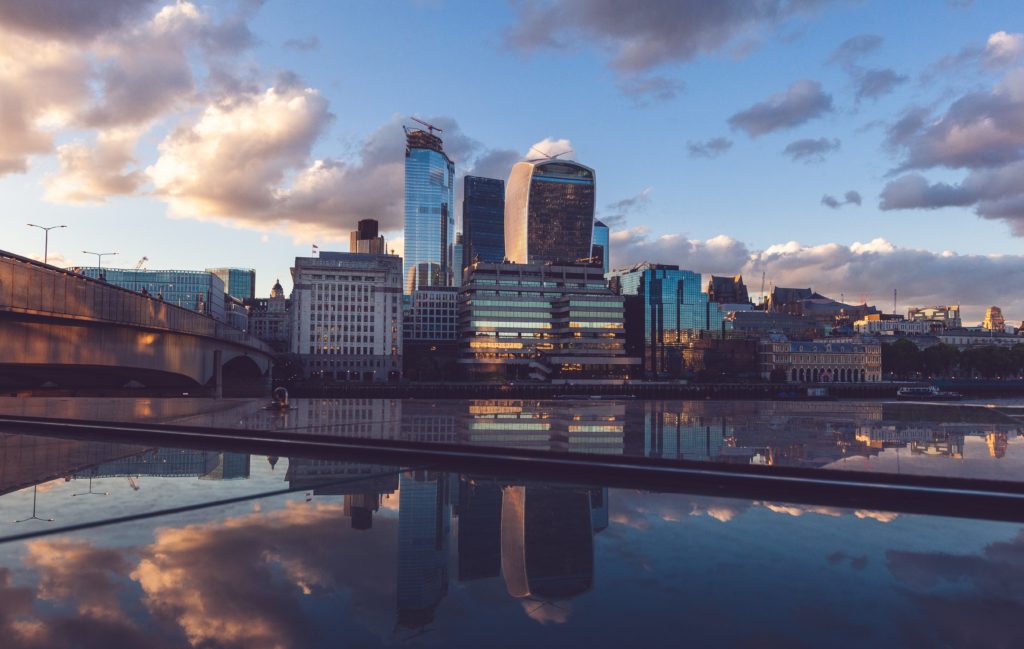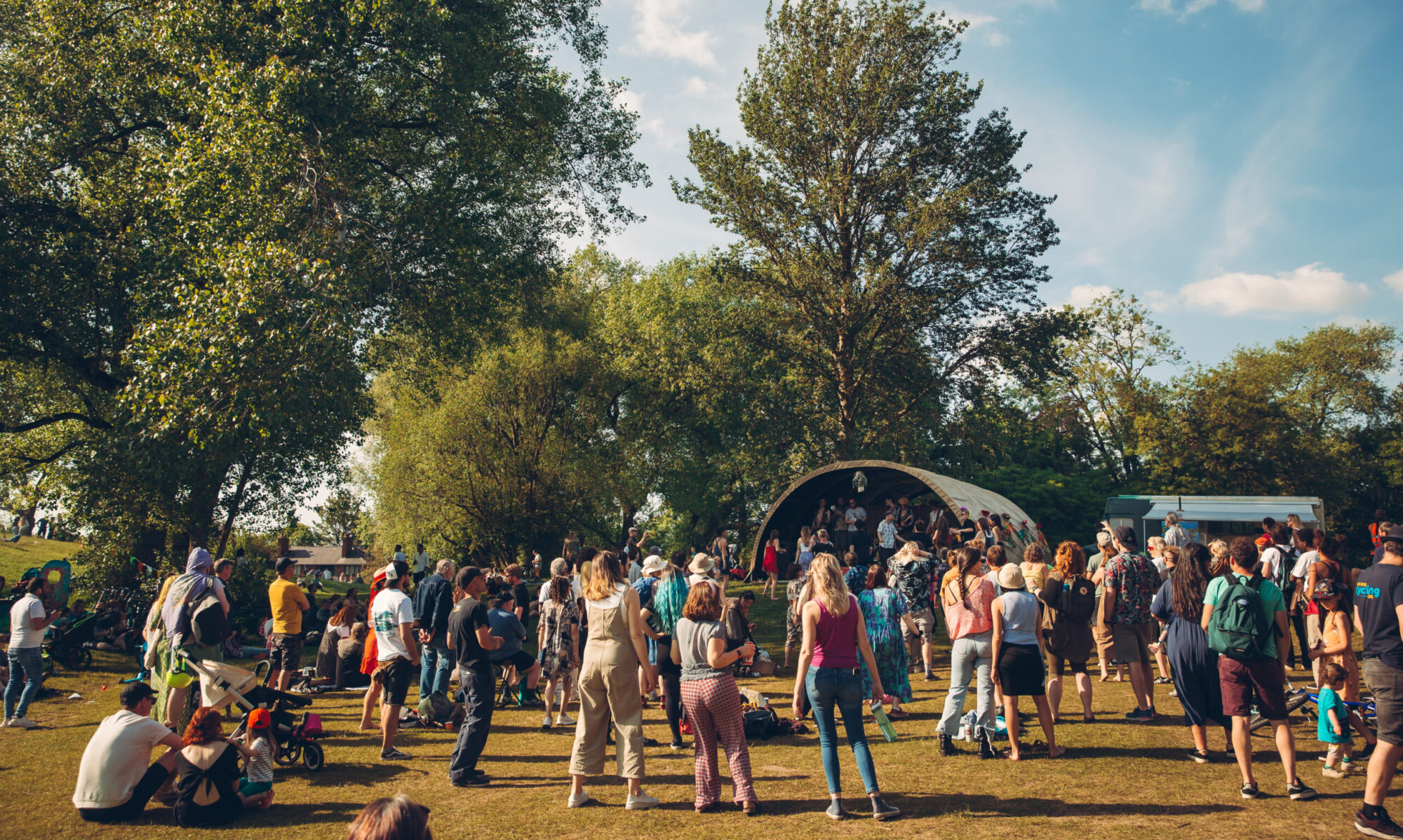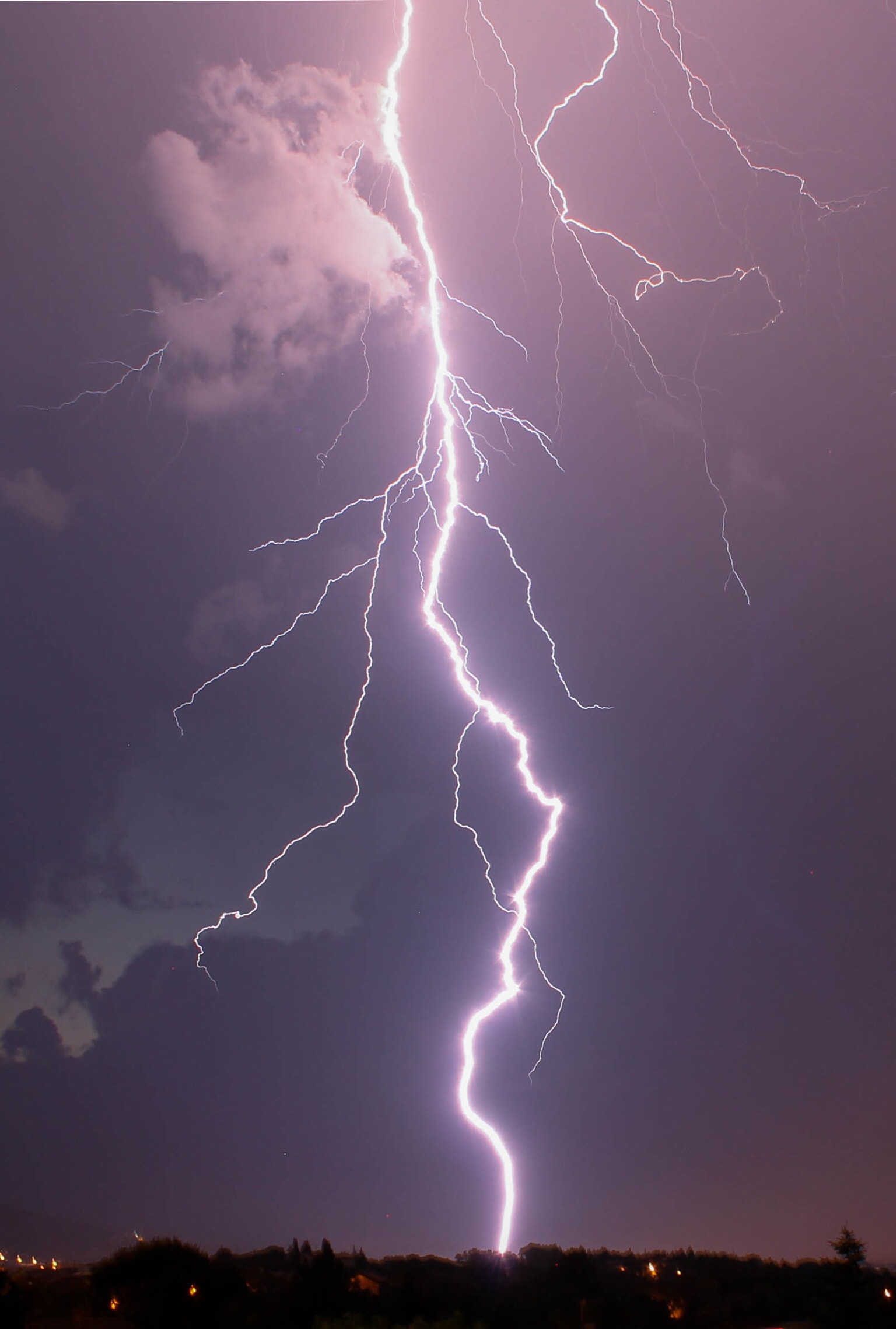The real impact of climate change and how it affects our towns and cities is a topic that is particularly relevant at the moment.
In the last week, many areas predominantly in the North of England, have experienced devastating flooding, with towns such as Poynton and Bramall in Cheshire receiving a month’s worth of rain in just 24 hours.
And all 6500 residents in Whaley Bridge have been advised to evacuate their homes due to a dam being critically damaged at the Toddbrook Reservoir, and the River Goyt below, already at bursting point, meaning a threat to life is a very real danger.
The Yorkshire Dales has also witnessed shocking scenes over the last few days, with one farmer losing up to 80 sheep, plus silage and farming land, to the flash flooding.
So, can this latest bout of flash floods be attributed to Climate Change, or is this just an isolated incident? And what about other areas of the UK, how are they being affected, and more importantly, what can be done about it?
Read more here to find out!
Flash Flooding
Sadly, this latest bout of flash flooding is nothing new.
Who could forget the trauma that the residents of Boscastle in Cornwall suffered in 2004 when a deluge of rain caused rivers to burst their banks and sent a surge of water crashing through the tiny streets of the tourist town?
And this latest flooding in the Peak District is probably bringing back some pretty horrible memories for the residents of Sheffield who experienced their own flooding in 2007.
Then there was 2012 when pretty much the whole of the U.K was affected including parts of Ireland. 8000 homes were affected, and many outdoor events had to ben cancelled as the rains just continued throughout the summer and into the winter months.
More recently, there was the Boxing Day floods of 2015 which affected large parts of Cumbria and Lancashire, Scotland and Northern Ireland.
For many of those impacted, the effects are felt for years afterwards. People have to move out of their homes, personal possessions are lost, businesses are affected, insurance premiums increase, or worse still, can no longer be taken out on properties affected by flooding.
Heatwaves
But wait a minute, was it not only last year when the UK was basking in unusually hot sunshine and we had record breaking summer temperatures, drought and raging wildfires across heaths and moorlands?
Furthermore, in a recent announcement by The Met Office, data revealed that the U.K has experienced the top ten warmest years on record, all since 2002 and at the opposite end of the scale, none of the ten coldest years on record have occurred since 1963.
And despite all of the latest flooding, it isn’t cold this year either, with the Met Office further recording the U.K’s hottest temperature ever at a blistering 38.7C, (101.7F), in Cambridge last week. The previous highest temperature was a recording in 2003 in Kent, at 38.5C, (101.3F).

What are the Results of Extreme Weather?
You could be forgiven for wondering if it all sounds rather extreme, in short, it is. The weather in the U.K has seen extremes in rainfall, in rising temperatures and in extreme cold snaps with temperatures plummeting, (remember the ‘beast from the east’?).
This puts pressure on the very infrastructure of our towns and cities as services struggle to cope, including local councils, the farming industry, retailers and the NHS.
Coastal regions around the UK are particularly vulnerable, with the increasing temperatures meaning rising tides leading to localised flooding and coastal erosion.
In a report by the Joseph Rowntree Foundation, it outlines the impact on the socioeconomic factors, where coastal communities face real and serious challenges due to the changing climate; impacting on local authorities with limited resources.
Urban areas don’t escape the issues of climate change either. As we’ve already outlined, localised flooding is a major concern, as is overheating within the cities and built up areas. It is projected that by 2050 there will be 7,000 heat related deaths per year, but despite this figure, no policies exist to limit the impact to health and wellbeing caused by overheating in buildings.
What Can Be Done to Reduce the Impact of Climate Change?
It’s not all doom and gloom, and we can prevent an apocalyptic end to our wonderful planet, if we commit to act positively towards climate change.
The number one goal in the battle against climate change is to reduce emissions of CO2, (Carbon Dioxide).
CO2 is released into the atmosphere in many different ways, and the reason it is harmful is because it actually absorbs radiation and prevents excess heat from leaving our atmosphere. This is what then causes the rising global temperatures and leads to the extreme weather we have seen increasing over recent decades.
We can all take a personal responsibility to reduce our carbon footprint, and whilst it may seem we are an insignificant cog in the wheel, collectively, we are the strongest force possible and can instigate change.
Just by changing a few habits and making that commitment to a sustainable future for our children and our children’s children is a massive contribution, and here’s a few suggestions on how you can make a difference;
The use of fossil fuels is the single biggest contributor to damaging CO2 gases in our environment so switch to cleaner energy suppliersand look for ways in which you can use renewable energy.
- Lobby the government and write to your local MP to demand more action and investment on renewable energy and tell them it’s a big fat NO to Fracking!
- Reduce, Reuse, Recycle and Refuse single use plastic. Keep the four R’s as a mantra from now on, but seriously, don’t beat yourself up if you don’t manage it every single day! Changes to our lifestyle has to come over time and setting unrealistic expectations of yourself is setting yourself up to fail! Just keep trying, that’s the important bit!
- Reduce your meat intake. Nobody is saying you have to suddenly go completely vegetarian or vegan, but by reducing your meat consumption, you will be doing your bit to reduce the emissions of CO2 gases!
- Consider your shopping habits. Will you honestly get your wear out of those ten t-shirts from budget high street retailers? And have you considered the charity shops in your local town lately? This is a great way to recycle clothing and other items for the home!
- Travelling; this is a tricky, but nevertheless very important part of reducing CO2 gases. Can you car-share your journey to work, or use public transport? Have you considered cycling? And for your holidays next year, could you possibly take a train or a ferry to arrive at your destination rather than flying?
Contact us
There are loads of ways we can do our bit to reduce the impact of Climate Change on our towns and cities and if you want to find out more, why not contact us here?
We would love to hear from you, and if you want to get involved and become part of Envirolution we are always looking for people who want to volunteer just a couple of hours a week to support our movement and annual festival!
Contact us TODAY to find out more!

